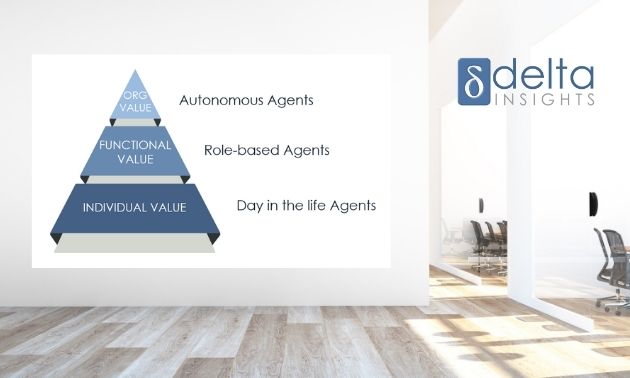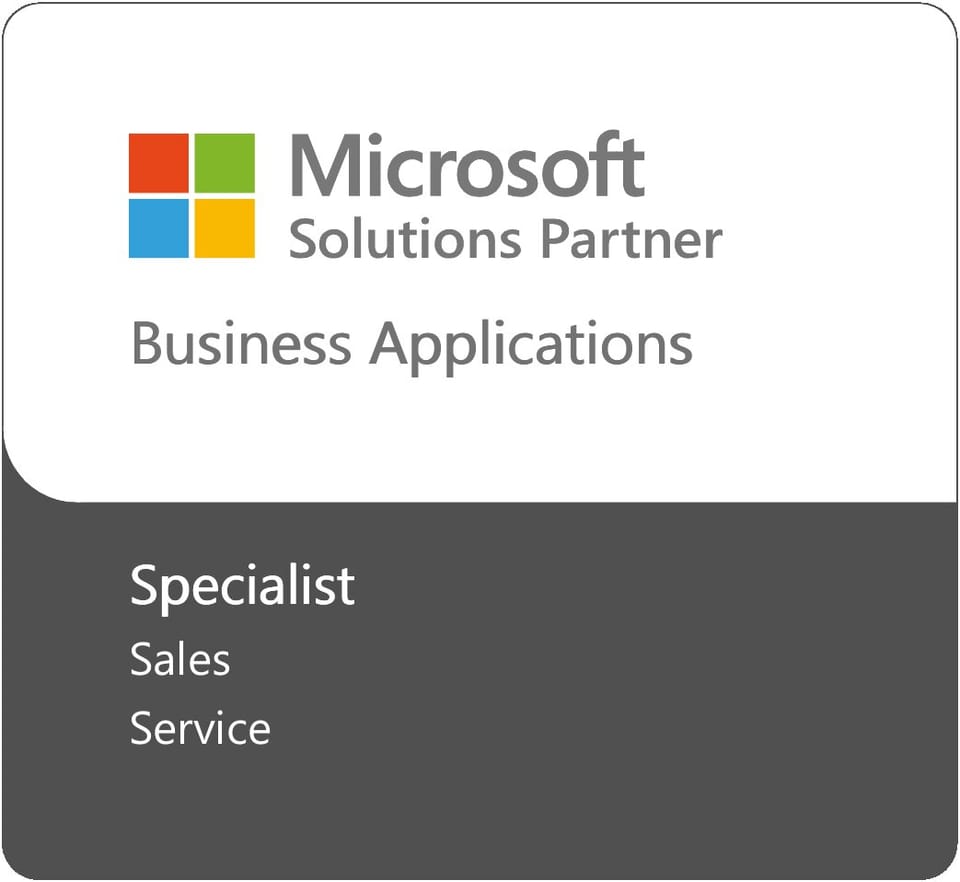
AI Agents That Work...
A practical framework for individual, functional, and organisational agents that get work done.
Microsoft's latest AI agent capabilities mark a shift from conversational tools to systems that actually get work done. These agents do not just answer questions. They execute tasks, make decisions, and drive business processes forward.
Individual Value: Day in the Life Agents
At the foundation level, these agents handle personal productivity tasks that consume time across your organisation. Think automated expense processing, meeting preparation, or routine data entry.
What makes them practical: They run inside Microsoft 365 without extra infrastructure. For example, Copilot for Sales can generate meeting summaries with keyword analysis and competitor mentions, draft personalised emails using CRM and product data, and provide real time call insights during Teams calls.
Reality check: They are not revolutionary. The impact comes from consistency and time recovery, not breakthrough innovation.
Takeaway: Small wins add up when multiplied across every employee, every day.
Functional Value: Role Based Agents
The middle tier focuses on department workflows and decision making. These agents adapt to specific business functions, from procurement approvals to customer service escalations.
Where they add value: Instead of rigid scripts, they learn from your data and patterns. An HR agent handling onboarding adjusts its approach based on role types, department needs, and past success rates.
Integration advantage: They connect across Dynamics 365, Teams, and SharePoint. That means they work with your current processes rather than replacing them.
Takeaway: Role based agents scale intelligence across teams, not just individuals.
Organisational Value: Autonomous Agents
At the top tier, agents coordinate across multiple functions, making strategic decisions with minimal human oversight.
Ambitious vision: They can orchestrate processes end to end, from lead qualification to contract completion, while adapting to real time business conditions.
Practical reality: The tech makes this possible, but organisations need strong governance and change management to deploy them effectively.
Technical Foundation: Why These Agents Work
- Learning capability: Agents adjust behaviour based on outcomes, not just preset rules.
- Broad connectivity: More than 1,400 data sources.
- Rapid development: Power Platform enables fast prototyping and iteration.
- Enterprise readiness: Compliance, audit trails, and access controls are built in.
The Implementation Reality
- Data quality: Agents are only as good as the data they access.
- Process definition: Clear workflows and decision points must be in place.
- Change management: Adoption hinges on trust. Teams need to know what agents do and what they do not.
Where Delta Insights Comes In
- Assessment and planning: Identify processes suited for agent automation.
- Pilot implementation: Start with focused use cases that prove value.
- Integration strategy: Ensure agents work inside Dynamics 365 and Power Platform.
- Governance framework: Put the right controls in place without slowing adoption.
What is Next
We will explore each tier in detail, starting with Day in the Life agents and how to measure their impact.
The opportunity is real, but success comes from methodical execution, not hype.


